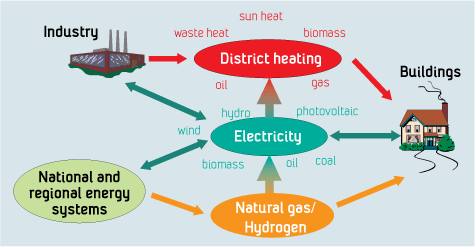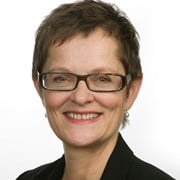
The main objectives:
- Develop methods and models that allow several energy sources and carriers to be optimally integrated with the existing electric power system. Particular emphasis is placed on distribution systems and integration of distributed energy sources, from a technical, economical and environmental point of view.
- Develop a scientific knowledge base built on a consistent framework of terminology and concepts for mixed energy systems, in the field of planning methods and models. This will be a cornerstone for the curriculum ‘Energy and environment’ at The Norwegian University of Science and Technology (NTNU). Also, develop a scientific competent staff for the curriculum
Project partners/actors
National co-operating partners:
- NTNU - Dept of Electrical Power Engineering
- NTNU - Dept of Energy and Process Engineering
- SINTEF Energy Research (Energy Systems, Energy Processes)
Funding partners
- Statkraft alliance (Statkraft SF, Trondheim Energi, BKK)
- Statoil
- Lyse Energi
- Hafslund Nett
- Norwegian Water Resources and Energy Directorate(NVE)
- Research Council of Norway
International partners
- University of Porto and INESC Porto
- Helsinki University of Technology and VTT
Co-operating institutions
- University of Washington, Seattle
- Argonne National Laboratory, Chicago

